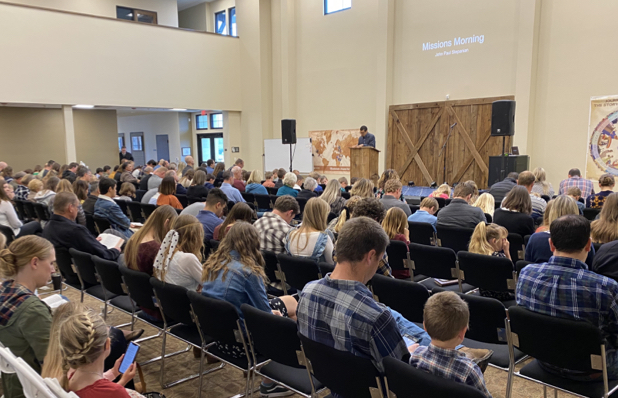Jan 30
2012
Give thanks in what we say and in what we write
It does not take much for people to express their displeasure in life. Ask the average person "How are you doing?" and frequently, a list of circumstances that are less than ideal are enumerated. Go on Facebook and scroll through your friends' and families' most recent status updates. While you will find descriptions of the mundane or excitement for different events, undoubtedly you will find someone expressing some displeasure on a variety of fronts, from the trite to the more serious. This is a far cry from repeated commands to give thanks. In Psalm 107:1 we find "Oh give thanks to the LORD, for he is good, for his steadfast love endures forever!" And Paul, in 1 Thessalonians 5:16-18, tells us "Rejoice always, pray without ceasing, give thanks in all circumstances; for this is the will of God in Christ Jesus for you."





